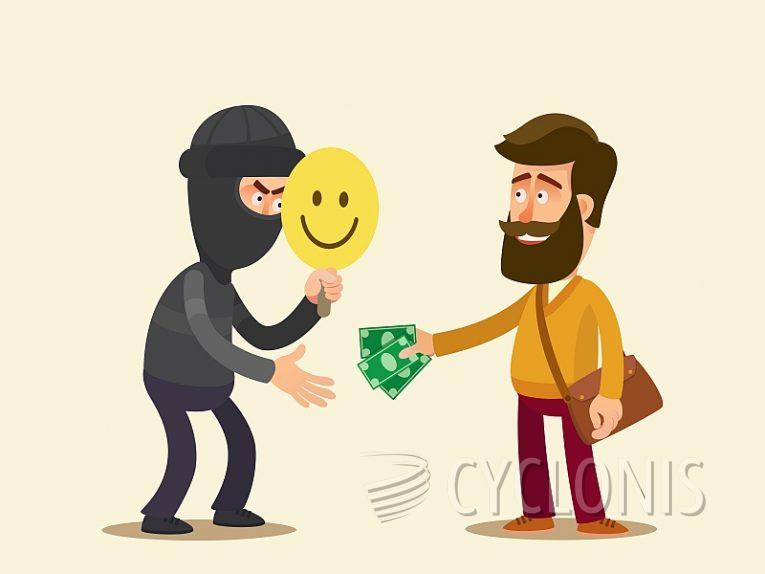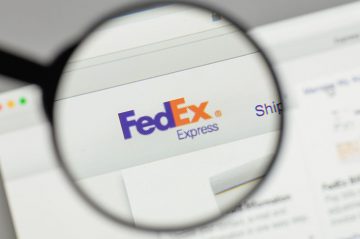DocuSign - Completed Document Email Scam

We found that the email in question titled "DocuSign - Completed Document" is spam. The email falsely informs recipients about the completion of a document signing process. The objective of this deceptive email is to entice users into visiting a phishing website that aims to steal email account login credentials.
The spam email, bearing subject lines such as "Admin Shared a DocuSign Transfer Document- [recipient's_email_address]" (subject line may vary), alleges that a document has been successfully processed using DocuSign, an electronic signature service.
Upon clicking the "VIEW COMPLETED DOCUMENT" button within the email, potential victims are sent to a phishing website masquerading as the Microsoft SharePoint document management and storage platform.
It is important to highlight that the information provided in this email is false, and it has no affiliation with legitimate services like DocuSign or SharePoint.
The phishing page promoted through this spam campaign requests users to input their email and corresponding password to supposedly access the files. Any information entered on this fraudulent webpage is captured and forwarded to cybercriminals. Victims of this scam not only risk losing access to their accounts but also expose themselves to further exploitation. Since emails often serve as a means to authenticate content, scammers may gain access to linked accounts and platforms.
To illustrate the potential ramifications, cybercriminals can assume the identities of account owners across various platforms (e.g., emails, social networks, messaging apps) to solicit loans or donations from contacts, endorse scams, and distribute malware through malicious attachments or links.
Moreover, compromising or confidential content stored on data storage platforms may be exploited for blackmail or other illicit activities. Compromised finance-related accounts (e.g., online banking, money transfers, e-commerce, cryptocurrency wallets) can be misused to facilitate fraudulent transactions or unauthorized purchases.
How Can You Tell an Email is a Scam or an Attempt at Phishing?
Detecting scam emails or phishing attempts requires careful scrutiny and awareness of common signs of fraudulent activity. Here are several indicators that can help you identify such emails:
Unsolicited Emails: Be cautious of emails from unknown or unexpected senders, especially if they request sensitive information or prompt urgent action.
Suspicious Sender Addresses: Check the sender's email address for inconsistencies, misspellings, or domains that differ slightly from legitimate sources. Scammers often use email addresses that mimic those of reputable organizations.
Generic Greetings: Watch out for generic or impersonal greetings like "Dear Customer" instead of addressing you by name. Legitimate organizations usually personalize their communications.
Urgent or Threatening Language: Be wary of emails that create a sense of urgency or fear, such as threats of account suspension, legal action, or loss of access to services. Scammers use pressure tactics to prompt immediate action without careful consideration.
Requests for Personal Information: Avoid emails that ask for sensitive information like passwords, account numbers, or Social Security numbers. Legitimate companies typically do not request such details via email.
Unexpected Attachments or Links: Exercise caution when emails contain unexpected attachments or links. Hover over links to preview the URL before clicking, and avoid downloading attachments from unfamiliar sources as they may contain malware.
Poor Grammar and Spelling Errors: Pay attention to the quality of writing in the email. Scam emails often contain grammatical errors, spelling mistakes, or awkward phrasing indicative of fraudulent origins.
Unsolicited Offers or Prizes: Be skeptical of emails promising unexpected rewards, prizes, or lottery winnings, especially if you did not participate in any contests or promotions.
Requests for Immediate Payment or Donations: Be cautious of emails requesting immediate payment, donations, or wire transfers, especially if they pressure you to act quickly or use unconventional payment methods.








